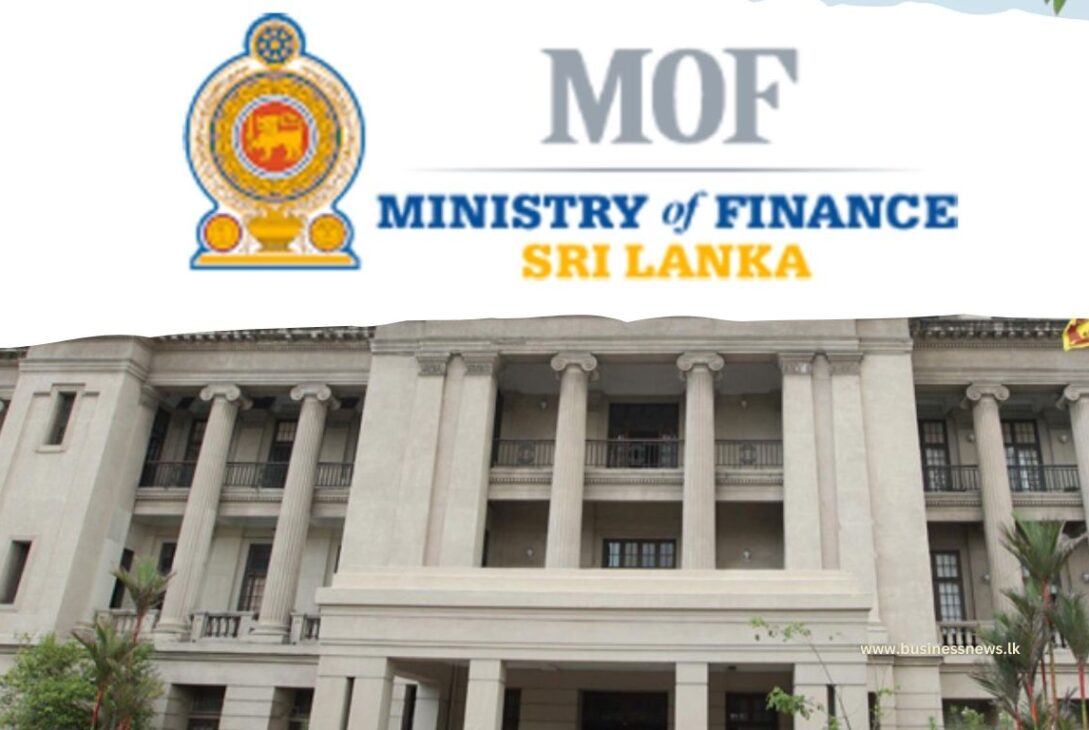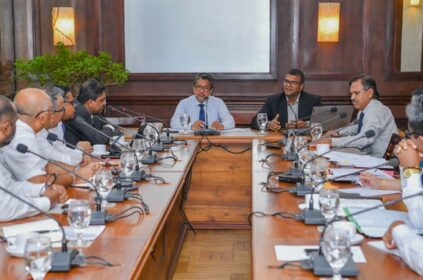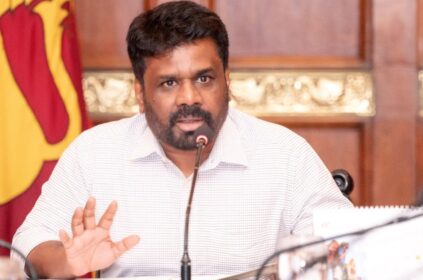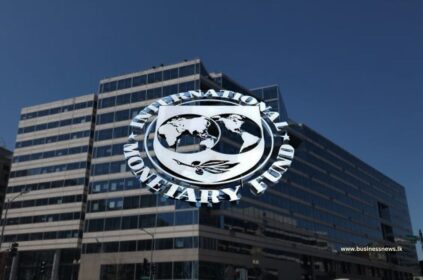As part of ongoing efforts to bolster economic recovery and provide relief to mid-level income earners, the government has announced proposed changes to the Personal Income Tax (PIT) structure.
These adjustments aim to maintain fiscal responsibility while alleviating the pressure on those most impacted by recent tax reforms, implemented in early 2023.
According to a Cabinet Memorandum, the proposed amendments to the PIT structure come after consultations with the International Monetary Fund (IMF). The original tax reforms, introduced in mid-2022, were part of a broader strategy to boost government revenue in response to the country’s economic crisis.
As part of its Extended Fund Facility (EFF) agreement with the IMF, Sri Lanka is committed to achieving a primary budget surplus of 2.3% of GDP by the end of 2025. This requires tax revenue to rise to 14% of GDP by 2025.
Under the initial reforms, the tax-free threshold was set at Rs. 1.2 million per year, with tax bands of Rs. 500,000 and a marginal tax rate starting at 6%, rising to a maximum of 36%.
However,
The public pressure for relief, particularly from middle-income groups, prompted the government to reopen discussions with the IMF in mid-2024, as Sri Lanka began meeting its fiscal targets.
The new proposal seeks to increase tax bands from Rs. 500,000 to Rs. 720,000, while keeping the tax-free threshold at Rs. 1.2 million. Marginal tax rates will remain unchanged, including the top rate of 36%. This change is expected to take effect in April 2025, following amendments to the Inland Revenue Act, No. 24 of 2017.
The adjustment is designed to offer relief primarily to those in the middle tax brackets, where the tax burden has been most significant. For instance, individuals earning Rs. 150,000 per month will see a 14% reduction in their tax liabilities, while higher income earners will experience more modest relief. The overall impact on revenue is estimated at 0.07% of GDP, a figure already accounted for in IMF discussions, alongside compensatory revenue from vehicle import liberalization set for 2025.
President Ranil Wickremesinghe, acting as Minister of Finance, highlighted that:
These amendments strike a balance between maintaining fiscal discipline and responding to public demand for tax relief. The Cabinet is expected to approve the drafting of the necessary amendments to the Inland Revenue Act, with implementation slated for April 2025.
–PMD
International Monetary Fund (IMF) President's Media Division
Last modified: September 13, 2024
















